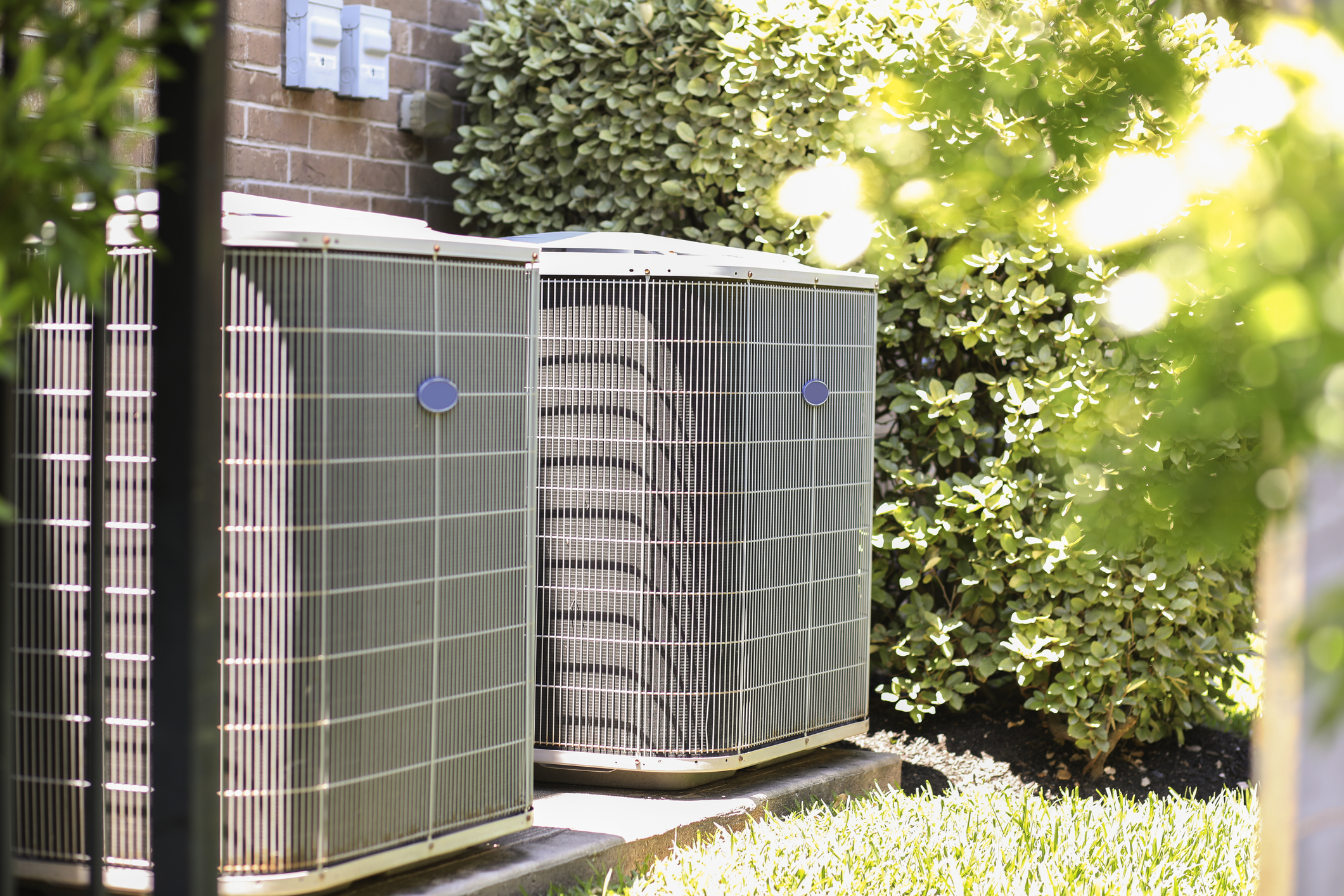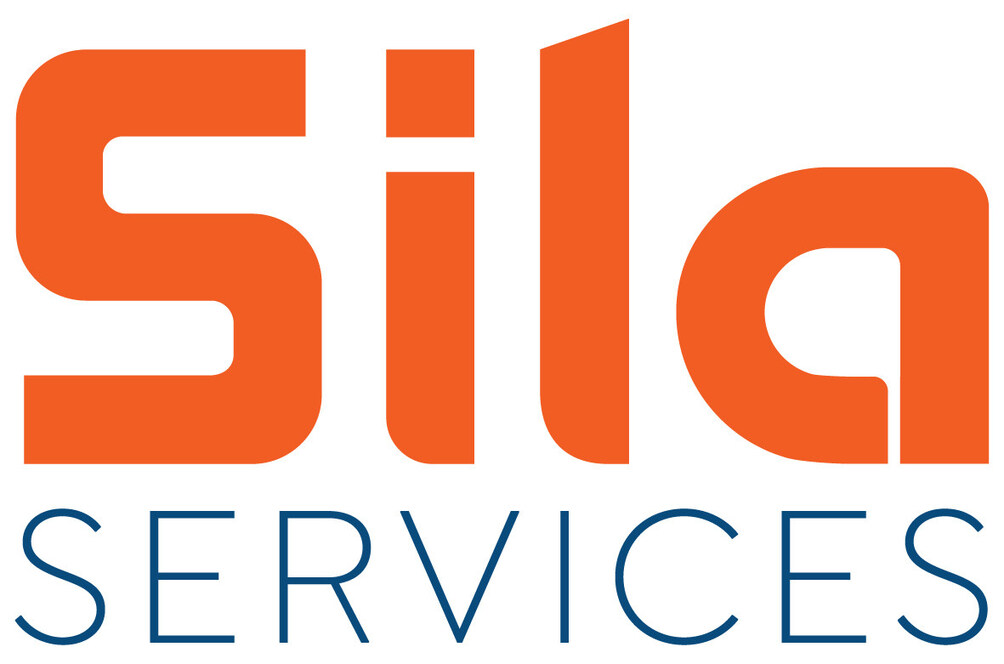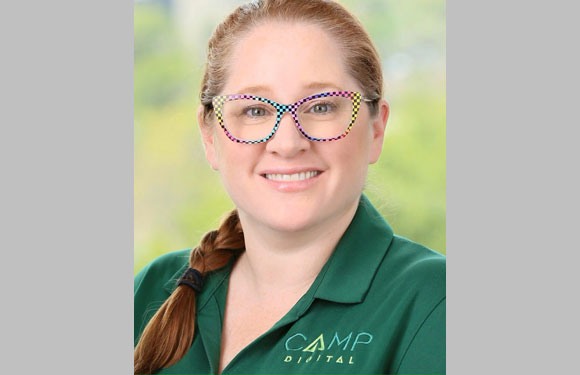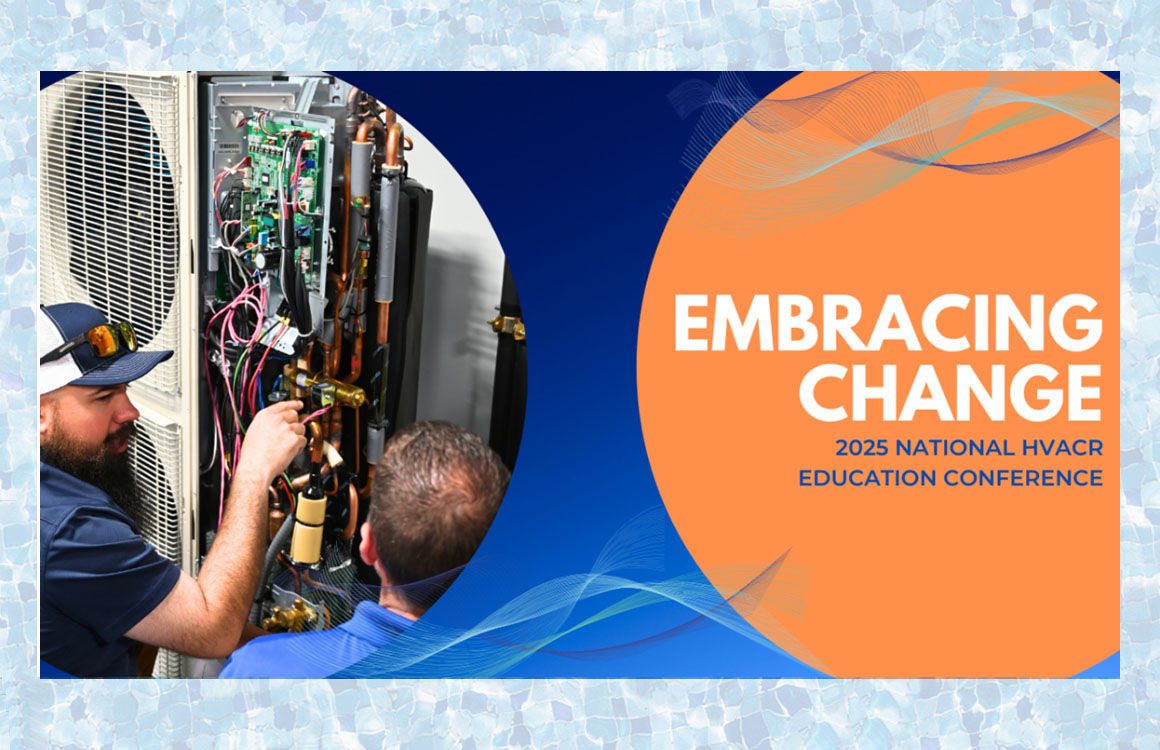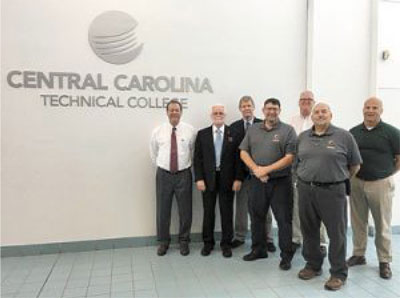
News
Central Carolina Technical College Granted Accreditation
The HVACR industry is one of the fastest growing occupations in the United States, featuring careers that cannot be exported or automated. It is also an industry undergoing tremendous change through technological advancements. To make certain that the HVACR program is keeping aligned with these changes, and what the industry requires from successful field technicians, the school voluntarily decided to pursue programmatic accreditation of their HVACR program.
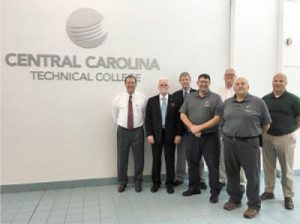
Programmatic accreditation is an independent third-party review of an educational program. The process validates that established standards of excellence for HVACR educational programs are met. These standards are designed to ensure that our future workforce receives the quality of training required to provide the skills necessary for success in the HVACR industry.
In order to pursue accreditation, the staff at the school had to submit a self-study filled with narratives and examples of how they complied with each of the required standards. The self-study, once completed, was sent to HVAC Excellence, allowing their accreditation review board to thoroughly assess for compliance against each standard. HVAC Excellence, having approved the self-study, sent a team to conduct an intense, onsite review of the program. The onsite team consists of two members, one who has served as an HVACR instructor, the other as a school administrator. These onsite team members are seasoned professionals that possess the knowledge, training, and experience to successfully evaluate every aspect of an HVACR program.
Upon a thorough review of all the documentation presented by the school and the onsite accreditation team, the HVAC Excellence accreditation review board decided to grant accreditation of the program. Some of the many benefits of obtaining HVAC Excellence programmatic accreditation include: provide prospective students with quality assurance of the program, provide employers assurance that graduates are properly trained, aid in establishing articulation agreements, serves as an eligibility determinant for funding, can lead to increased enrollment, may enhance student placement and employer satisfaction, faculty participation in self-study and annual reporting, can assist students in the acceptability of transfer credits, creates goals for self-improvement, may lead to advanced placement opportunities, and places the program in a public directory of accredited HVACR programs.
Learn more about Central Carolina Technical College by visiting them at cctech.edu.

